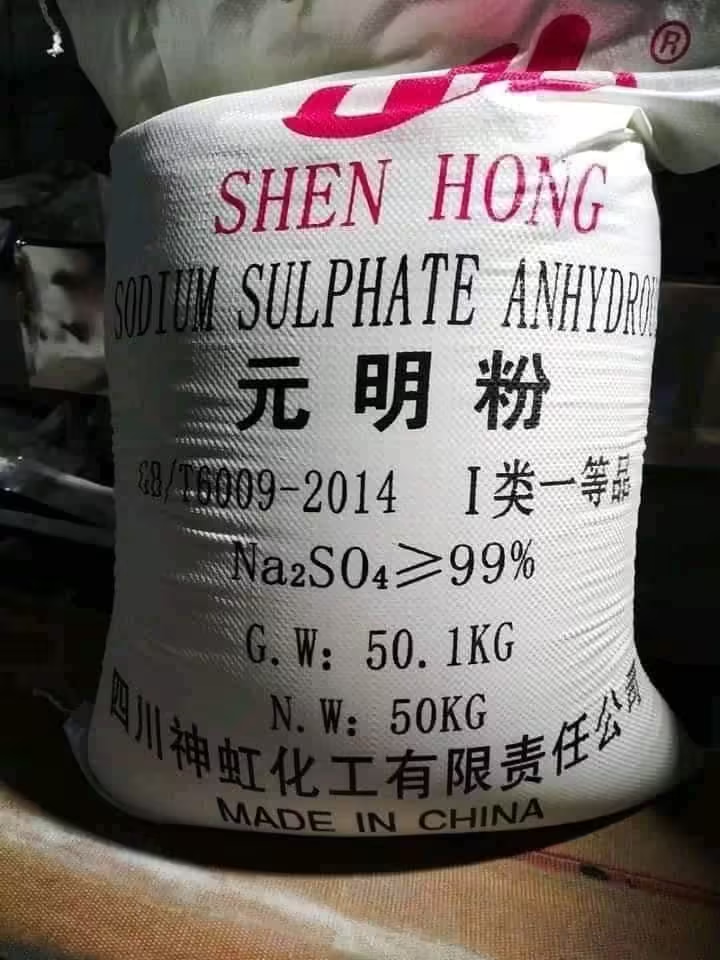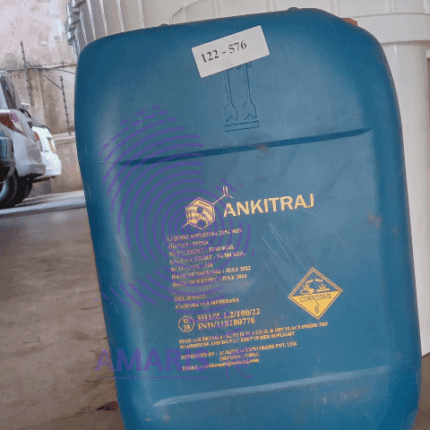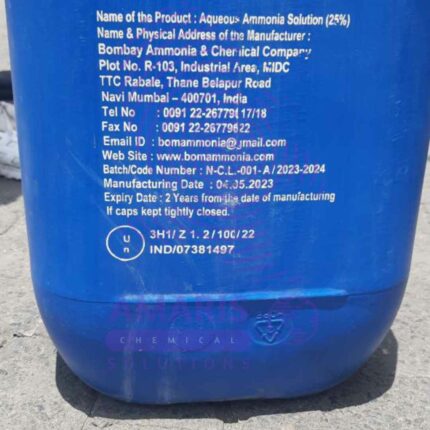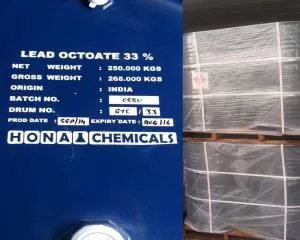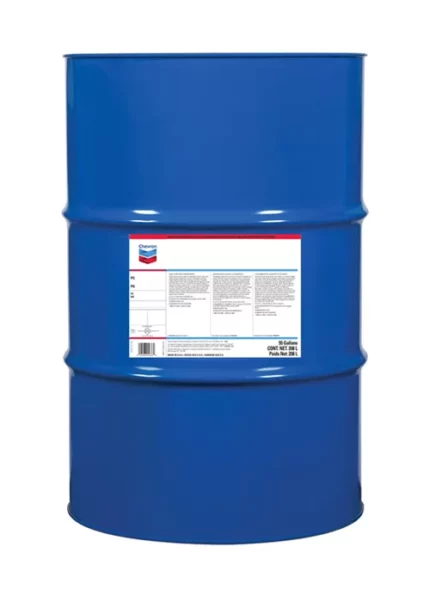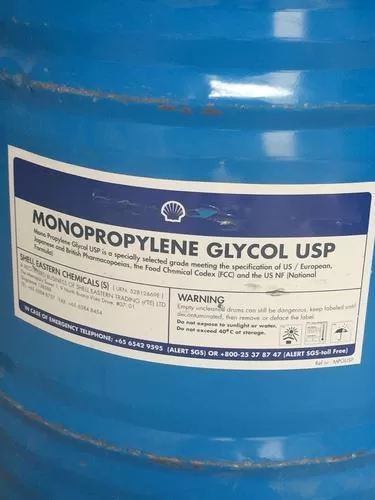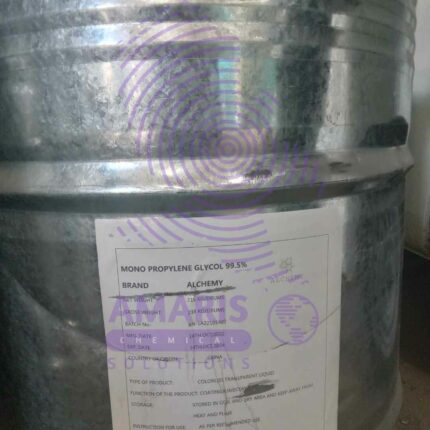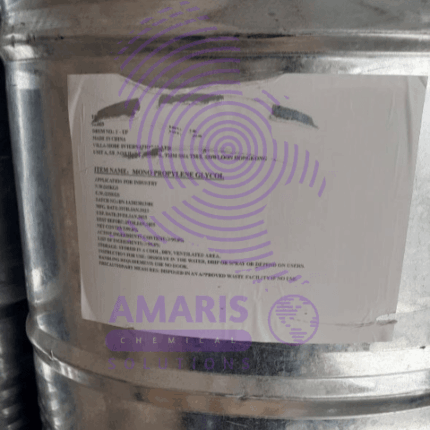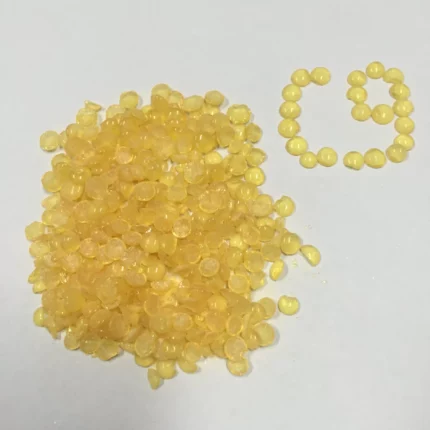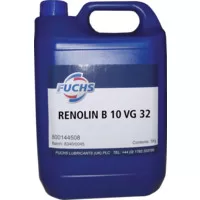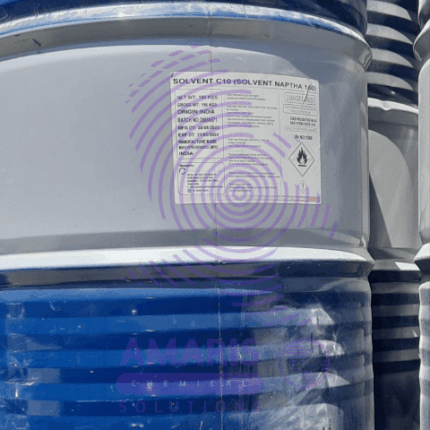“Methyl Isobutyl Ketone (MIBK) 165 kg Drum” has been added to your cart. View cart
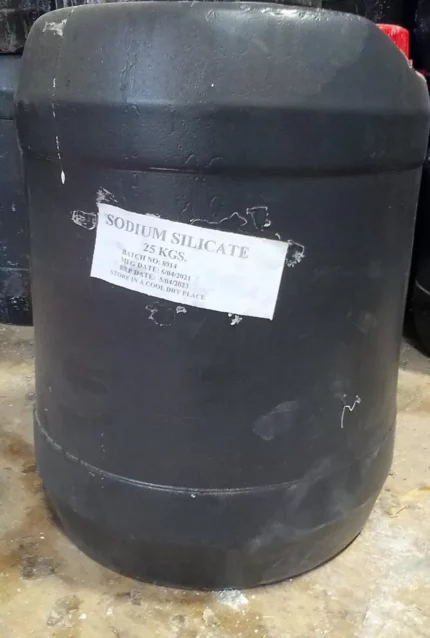
Sodium silicate 20litres
$5,500.00 Original price was: $5,500.00.$5,300.00Current price is: $5,300.00.

Sodium persulfate 25kg
$8,000.00 Original price was: $8,000.00.$7,900.00Current price is: $7,900.00.
Sodium Sulphate anhydrous 25kg
$8,500.00 Original price was: $8,500.00.$8,000.00Current price is: $8,000.00.
Whatsapp Order
Sodium sulfate (chemical formula: Na₂SO₄) is an inorganic compound widely used in various industries. Here’s a detailed overview of sodium sulfate:
Properties
- Molecular Formula: Na₂SO₄
- Molar Mass: 142.04 g/mol
- Appearance: White crystalline solid
- Solubility: Highly soluble in water
- Density: 2.68 g/cm³ (anhydrous), 1.464 g/cm³ (decahydrate)
- Melting Point: 884 °C (anhydrous)
- Boiling Point: Decomposes before boiling (anhydrous)
Types
- Anhydrous Sodium Sulfate: Often referred to as the mineral thenardite.
- Decahydrate Sodium Sulfate: Known as Glauber’s salt (Na₂SO₄·10H₂O).
SKU:
ACS48186CHEM0
Category: OTHERS
Description
Uses of sodium sulphate
- Detergent and Cleaning Agents:
- Used as a filler in powdered detergents.
- Glass Manufacturing:
- Acts as a fining agent to remove small air bubbles from molten glass.
- Textile Industry:
- Used in dyeing and printing textiles.
- Paper Industry:
- Utilized in the kraft process for wood pulping.
- Medicine:
- Known as a laxative in its decahydrate form (Glauber’s salt).
- Chemical Industry:
- Used in the manufacture of various chemicals, including sodium sulfide, sodium silicate, and sodium dichromate.
Additional information
| Weight | 25 kg |
|---|
Related products
Ammonia solutions 33kg 33%conc
Ammonia solution is a solution of ammonia (NH3) gas dissolved in water. It is a clear, colorless liquid with a pungent odor and a basic pH. The concentration of ammonia in the solution can vary, and is typically expressed in terms of percent by weight or by volume.
Ammonia solutions are commonly used in a variety of applications, including cleaning agents, fertilizers, and as a precursor to other chemicals. They are also used in industrial processes such as refrigeration, gas purification, and water treatment. Ammonia solutions can be dangerous if not handled properly, as they are highly corrosive and can release toxic fumes if mixed with certain chemicals
Lead Octoate 30% 250 kg Drum
Long Oil (45/55)
Methoxy Propanol (PM)Glycol Ether 190kg Drum
MonoPropylene Glycol 215 kg MPG
Monopropylene glycol (also known as 1,2-propanediol or MPG) is a clear, colorless, and odorless liquid organic compound with the molecular formula C3H8O2. It is a type of glycol, which is a class of organic compounds containing two hydroxyl (-OH) groups. Monopropylene glycol is widely used as a solvent, humectant, and viscosity modifier in various industries such as food, pharmaceuticals, cosmetics, and personal care products. It is also commonly used as an ingredient in e-liquids for electronic cigarettes.
Petroleum Resin C9 Hydrocarbon 25 kg Bag
Petroleum resin C9 hydrocarbon, also known as C9 hydrocarbon resin or simply C9 resin, is a type of thermoplastic resin that is derived from the distillation of petroleum products. It is composed primarily of aliphatic and aromatic hydrocarbons, and is typically produced by the polymerization of C9 fraction of petroleum, which is obtained by the distillation of crude oil.
C9 hydrocarbon resin is a highly versatile material that finds use in a wide range of industrial applications, including adhesives, coatings, printing inks, rubber compounding, and more. It is valued for its excellent solubility, compatibility with other resins, and ability to enhance the properties of other materials, such as adhesion, tack, and flexibility.
In summary, petroleum resin C9 hydrocarbon is a type of polymer derived from petroleum that is widely used in various industries for its unique properties and compatibility with other materials
Renolin B
Solvent Naphtha C10 150 180kg Drum
Solvent naphtha is a term used to describe a group of hydrocarbon solvents that are commonly derived from petroleum. These solvents are typically used in industrial processes such as cleaning, degreasing, and as a diluent in the production of paints, coatings, and adhesives. Solvent naphtha can vary in composition, but it generally refers to a mixture of straight-chain and branched-chain hydrocarbons with boiling points in the range of 130°C to 230°C. The exact composition and properties of solvent naphtha can vary depending on the source of the petroleum from which it is derived and the specific refining processes used to produce it



 LABORATORY EQUIPMENT & APPARATUS
LABORATORY EQUIPMENT & APPARATUS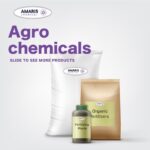
 Fertilizers
Fertilizers Plant Growth Regulators
Plant Growth Regulators Soil Conditioners
Soil Conditioners Animal Feed Additives
Animal Feed Additives Biostimulants
Biostimulants Dough Conditioners
Dough Conditioners Flour Treatments
Flour Treatments Fat Replacers
Fat Replacers Preservatives (baking)
Preservatives (baking)
 Surfactants (cleaning)
Surfactants (cleaning) Builders
Builders Bleaching Agents
Bleaching Agents Enzymes
Enzymes Solvents (cleaning)
Solvents (cleaning) Fragrances
Fragrances

